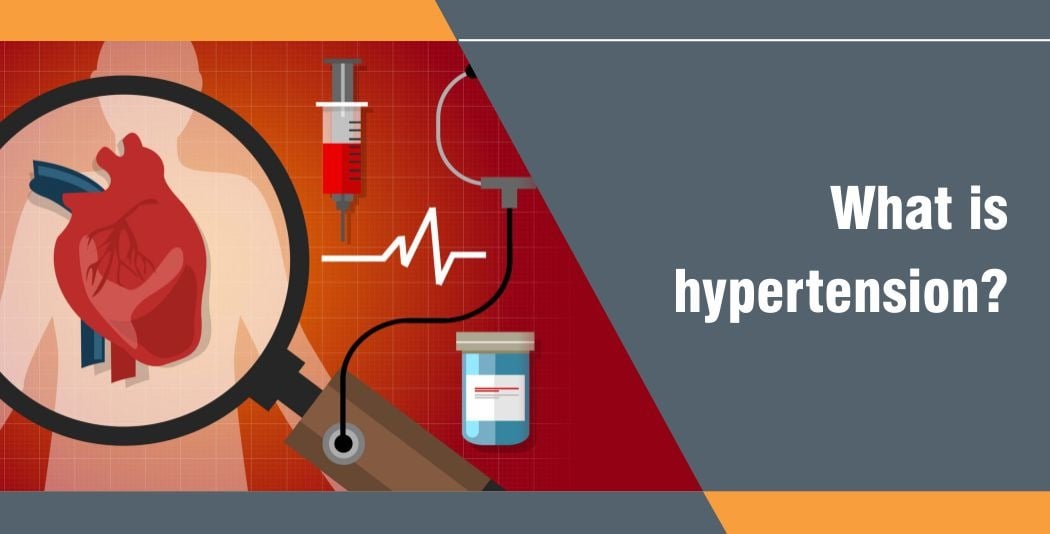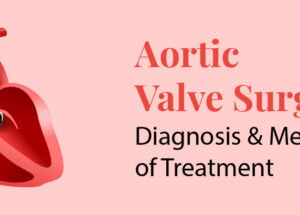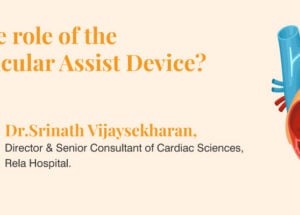What is hypertension?
July 30, 2020

You will know the meaning of hyper and tension. Put together, they stand for greater tension. There is a tension working on the walls of your blood vessels. This pressure decides the force with which blood should be pumped by the heart. If the pressure exerted by the arteries is high, the heart should pump with a correspondingly high pressure to send blood racing through the body. Forcing blood with greater pressure through tight vessels poses a great strain on the heart. If this pressure is not controlled, it would lead to heart disease, stroke or kidney failure.
Why does you blood pressure increase?
One of the main reasons for high blood pressure is age. As you age your blood vessels become thicker and less elastic. This could be due to deposits of plaque inside the walls of the blood vessels. As the vessels become narrower and harder, it becomes harder for blood to force through them. So, the heart has to increase the pressure at which it pumps out blood. This puts immense strain on the heart.
Risk factors that increase your chances of getting hypertension
Age over 45
Family history or blood pressure
Certain kidney or adrenal diseases
High intake of salt
Excess weight
Stress
Alcohol
Pregnancy
Certain medications
Dangers of hypertension
Hypertension is often silent. It progresses stealthily. As you are unaware of it, you don’t treat it or modify your lifestyle, thus your heart, lungs, kidney, brain etc. under great risk,
Blood pressure readings come as a fraction. The normal reading is 120/80. 120 is the pressure in arteries when your heart pumps out blood. 80 is the resting pressure between one beat and the next when your heart is filling with blood. There may be slight variations from person to person, but a chronic pressure of between 130/81 to 139/89 means you are in stage 1 of hypertension. A reading over 140/90 means you are in stage 2 and a reading of over 180/120 means you are in a hypertensive crisis, a medical emergency that can cause a heart attack, stroke or kidney damage.
Symptoms of blood pressure
Generally, blood pressure does not have any symptoms, but if it gets too high then you will have:
Severe headache
Nose bleed
Breathlessness
Irregular heartbeat
Blood in the urine
Pounding in your chest, neck, ears
Chest pain
Vision problems
Fatigue
These symptoms occur only when your blood pressure is extremely high. You will need a regular check up to find out if you have hypertension to help you treat it early to avoid this extreme life-threatening condition.
How to control or prevent hypertension
Diet that helps control hypertension
More of
Fruits and vegetables
Whole grain foods
Nuts
Low fat dairy
Fish
Lean meat
Less of
Salt
Alcohol
Sweets
Saturated fats
Exercise
Regular exercise helps reduce hypertension. A 30minute workout most days of the week goes a long way in preventing and controlling blood pressure. Brisk walking, cycling, gardening, muscle strengthening exercises that target all muscle groups are ideal work outs to stay healthy.
Meditation/ yoga
Meditation, yoga, breathing exercises etc. help you relax and destress. They work wonders in controlling your mind and help reduce the tension in your body and mind. This helps control blood pressure.
Medications
Medications play a major role in controlling blood pressure. You will have to have a regular check up with your doctor to monitor your health and blood pressure. This is necessary to adjust your medications according to the changing needs of your body. If you are able to keep your blood pressure under control with lifestyle changes, then you will be able to reduce your reliance on medication.
Rela Hospital is a quarternary care hospital that offers comprehensive treatment for all lifestyle diseases. Our multidisciplinary approach to hypertension provides excellent management of blood pressure and total protection against heart conditions, kidney disease and stroke.
Get a regular check up if you are over 40 or have any of the risk factors.








